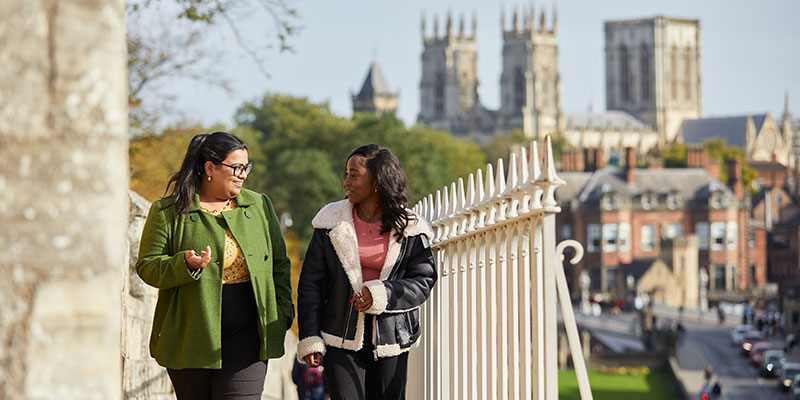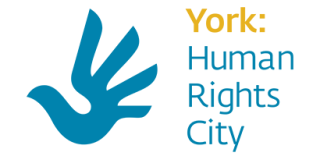
Human Rights Cities Hub
York: Human Rights City
Visit the York: Human Rights City website for more information.
Human rights indicator report
Find out more about the human rights indicator report.

